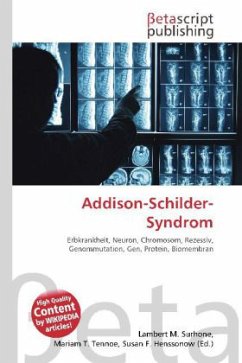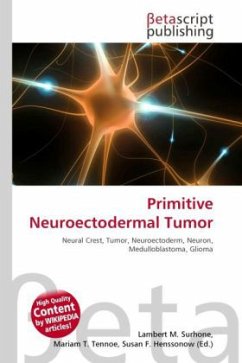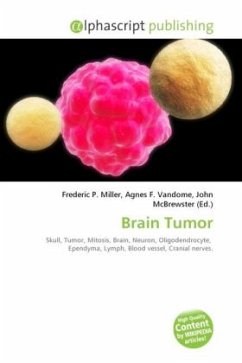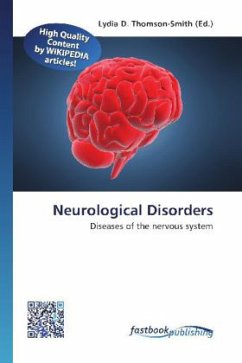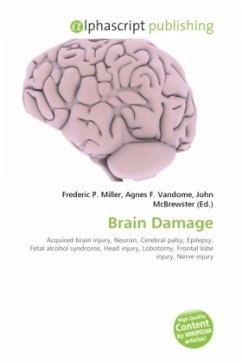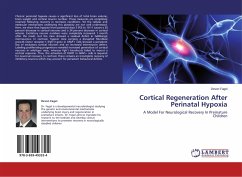
Cortical Regeneration After Perinatal Hypoxia
A Model For Neurological Recovery In Premature Children
Versandkostenfrei!
Versandfertig in 6-10 Tagen
27,99 €
inkl. MwSt.

PAYBACK Punkte
14 °P sammeln!
Chronic perinatal hypoxia causes a significant loss of total brain volume, brain weight and cortical neuron number. These measures are completely reversed following recovery in normoxic conditions. Yet the cellular and molecular mechanisms underlying this plasticity are not well understood. Here, we show that hypoxia from postnatal days 3 (P3) to 10-11 causes a 30 percent decrease in cortical neurons and a 24 percent decrease in cortical volume. Excitatory neuron numbers were completely recovered 1 month after the insult, but the mice showed a residual deficit in GABAergic interneurons. In con...
Chronic perinatal hypoxia causes a significant loss of total brain volume, brain weight and cortical neuron number. These measures are completely reversed following recovery in normoxic conditions. Yet the cellular and molecular mechanisms underlying this plasticity are not well understood. Here, we show that hypoxia from postnatal days 3 (P3) to 10-11 causes a 30 percent decrease in cortical neurons and a 24 percent decrease in cortical volume. Excitatory neuron numbers were completely recovered 1 month after the insult, but the mice showed a residual deficit in GABAergic interneurons. In contrast, hypoxic mice carrying a disrupted fibroblast growth factor receptor-1 (Fgfr1) gene in GFAP+ cells showed a persistent loss of excitatory cortical neurons and an increased interneuron defect. Labeling proliferating progenitors revealed increased generation of cortical neurons in wild-type mice, whereas Fgfr1 knockouts failed to mount a cortical response. Thus, the activation of FGFR1 in GFAP+ cells is required for neuronal recovery. In contrast, there remains an incomplete recovery of inhibitory neurons which may account for persistent behavioral deficits.




